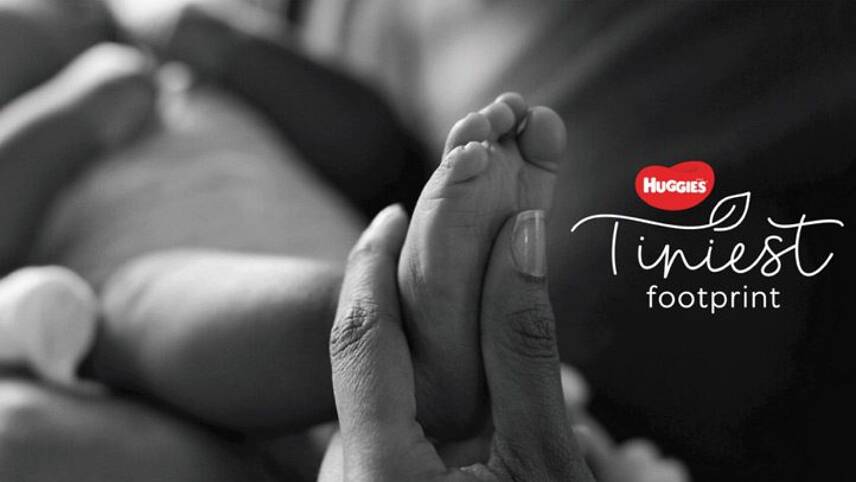Register for free and continue reading
Join our growing army of changemakers and get unlimited access to our premium content

The new strategy purports to be aligned with the IPCC's recommendations on nature and climate. Image: Kimberly-Clark
Published today (8 July), the new sustainability strategy replaces Kimberly-Clark’s previous ‘Sustainability 2022’ framework, after the majority of its targets were surpassed.
It contains commitments to halve the business’s use of virgin fossil-based plastics, forestry footprint and carbon emissions within a decade. The forest goals are against a 2011 baseline and the carbon goals are against a 2015 baseline.
In order to reach the plastics target, Kimberly-Clark will accelerate its work towards meeting the aims of WRAP’s UK Plastics Pact, which requires signatories to remove plastics where possible; develop recyclable, compostable or reusable formats where not; source more recycled content and work with policymakers to improve waste management.
As for forestry, Kimberly-Clark is already sourcing 100% of its fibre from certified sources. It will now work to boost its sourcing of recycled fibre from the 2019 proportion of 31% and provide suppliers with further resources and funding to combat biodiversity loss and climate change and to empower indigenous communities that depend on forests for their livelihoods. Forestry is one of the firm’s biggest environmental focuses, given its reliance on forest resources to produce the majority of packaging and products. Its forest footprint was 31% lower in 2019 than in 2011.
On climate, Kimberly-Clark recently announced that its new emissions targets had been improved by the Science-Based Targets Initiative (SBTi). Direct, power-related and supply chain emissions will be halved by 2030, against a 2015 baseline. Downstream Scope 3 (indirect) emissions will also be cut by 20% within the same timeframe.
The strategy also contains a commitment to reduce Kimberly-Clark’s water footprint by 50% in water-stressed regions across the entirety of the value chain. Water footprint covers not only water extraction but rates of efficiency and recycling, as well as infrastructure improvements. Other businesses to have implemented context-based water targets in recent times include Starbucks, Coca-Cola, AB Inbev and Diageo, in light of the fact that more than half of the world’s population is set to live in water-scarce regions by 2050 without drastic action.
“We are at a watershed moment in human history when immediate steps need to be taken to tackle pressing social and environmental challenges – and recent times have reminded us how important our role in the world is,” Kimberly-Clark’s president for EMEA Tristram Wilkinson said.
Kimberly-Clark is one of several big businesses to have launched a new sustainability strategy in recent weeks, along with the likes of Natura, L’Oreal and Refinitiv. There had been concerns that corporate sustainability could fall down the business agenda during the Covid-19 crisis, but a survey from The Climate Group found that 97% of businesses are planning to stick to their long-term climate goals. Moreover, many corporate sustainability strategies are due to end in 2020.
Sarah George


Please login or Register to leave a comment.